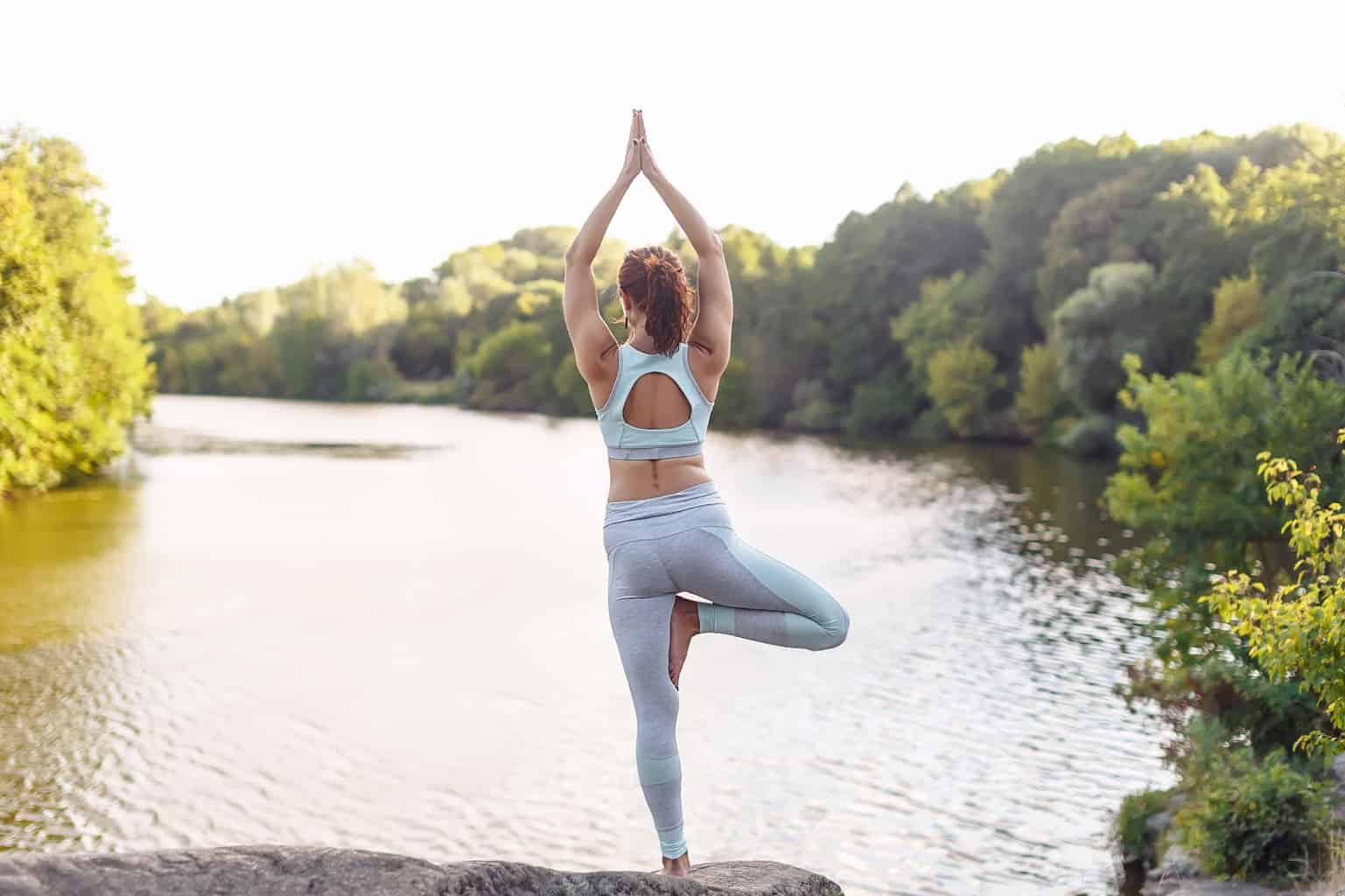
You’ll thank me later for this super balance trick…

—-Important Message From Our Sponsor—-
Restore long-lasting “rockiness” with the power of your pointer finger
A ground-breaking study from the American Urological Association has just revealed a natural method to restoring male function…
This method can permanently restore a man’s natural ability to get great erections that last 30 minutes or more — no matter how long it’s been…
And you won’t need any dangerous treatments or gadgets. This is completely natural and safe for men to use.
And it’s so simple, anyone can do it.

Here’s how to restore great, long-lasting erections with just the power of your pointer finger.
———-
Gives you super balance (never fall, never stumble again)
Falls are one of the most common, serious health risks for older people.
About one in three adults over the age of 60 suffers one or more falls per year.
10% of these falls result in serious injuries such as hip fracture or traumatic brain injury.
Coordination, muscle strength, and bone density all tend to deteriorate with age.
So decreasing your risk of falls is extremely important.
New research shows that drinking coffee can significantly lower the risk of falls.

These researchers did their human research at the Instituto de Investigación Sanitaria Hospital Universitario La Paz, and CIBER of Epidemiology and Public Health, in Madrid, Spain. The American Journal of Clinical Nutrition published the results.
Coffee is one of the most beneficial health foods around.
Many of the proven health benefits of coffee might be expected to decrease the risk of falls.
“Habitual coffee consumption has been associated with low risk of type 2 diabetes, cardiovascular disease, and sarcopenia – which are strong risk factors for falls.”
(Sarcopenia is the medical term for the loss of muscle and strength that go along with aging.)
Aside from lowering the risk of these diseases that predispose people to falls, coffee also increases alertness and reaction times.
Caffeine is the main stimulating compound in coffee.
It may be the component in coffee that helps people react faster and experience fewer falls.
“In addition, caffeine intake stimulates attention and vigilance, and reduces reaction time.”
These facts gave researchers reason to expect that coffee might decrease the risk of falls.
“Therefore, a protective effect of coffee and the risk of falling can be hypothesized.”
So they set out to find out if their assumptions were correct.
“The aim of this study was to examine the association between habitual coffee consumption and the risk of falls, injurious falls, and falls with fracture in older people.”
The researchers took data from two separate studies – one from Spain and the other from the UK.
“Data was taken from participants over the age of 60 years old from studies in Spain and the UK.”
The researchers examined all of the participants’ medical records from these studies.
They isolated all information related to falls.
Between both studies, the researchers ended up with almost 12,000 participants to analyze.
In both studies, the participants had completed extremely detailed food questionnaires and were followed for between 2 and 10 years.
These questionnaires included information on coffee consumption.
The researchers then compared fall incidence for coffee drinkers against fall incidence for non-coffee drinkers.
People who drank one cup of coffee per day were 25% less likely to experience a fall than those who drank less than a cup a day.
“Compared with daily consumption of less than 1 cup of coffee, the pooled hazard ratio [of one fall or more] was 75% for total coffee consumption of 1 cup/day.”
This 25% risk reduction calculation came after the researchers accounted for other major variables that predispose people to falling.
The researchers then carried out a further assessment.
They were interested in the effects of caffeine – the stimulating compound in coffee.
So they then compared the risk of falling for drinkers of caffeinated or decaffeinated coffee.
That analysis showed that the actual caffeine in coffee seems to be a factor in preventing falls.
Normal, caffeinated coffee decreases the risk of falls by about one-third.
“The corresponding figures for caffeinated coffee were 0.67.”
Decaffeinated coffee did not protect against falling.
“Decaffeinated coffee was not associated with risk of falling in the analyzed cohorts.”
And when it comes to actual injury from falls…
In the analysis of the Spanish study, coffee consumption was also associated with a lower risk of injury from falls, to the tune of about 17% – compared to non-coffee drinkers.
“In Seniors-ENRICA, there was a tendency to lower risk of injurious falls among those consuming caffeinated coffee.”
So we can add decreased risk of falling to the long list of benefits of drinking coffee.
In this case, we’re talking about normal (caffeinated) coffee.
You should always consult a healthcare practitioner about diagnosing and treating any health-related problems.
—-Important Message—-
I think this makes it impossible for me to get sick from the coronavirus

So I use this when I feel like I’m coming down with something…
Because when you take this special form of vitamin C called Super C…
…it stays in your bloodstream for HOURS, encasing your cells in steel-like armor that protects them from germs…
Regular vitamin C doesn’t do that.
Regular vitamin C only stays in the bloodstream for a few minutes. Then you pee it out.
But when you take Super C, you get 10x the benefits and it lasts and lasts…
It’s like armor for your immune system, and it can protect you from sickness — even the dreaded coronavirus.
Get some of my special Super C here for free.
———-
